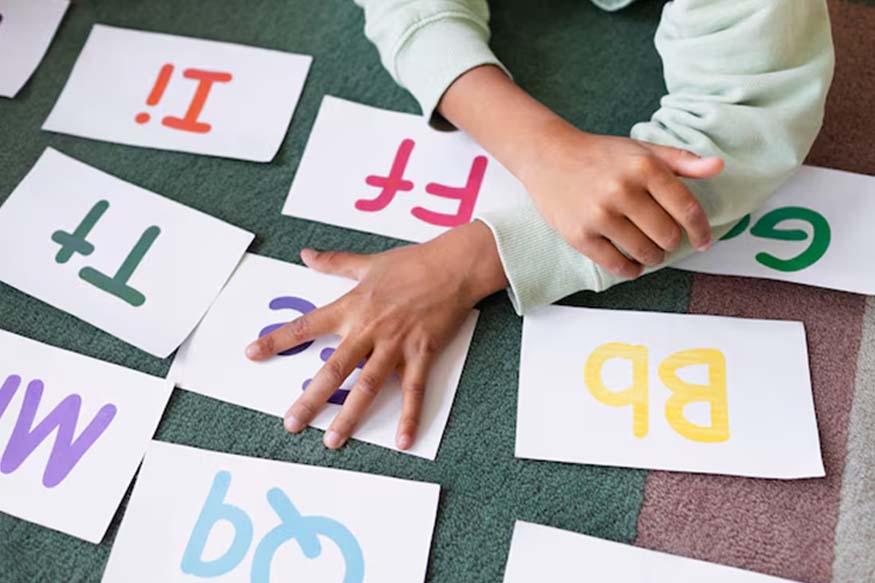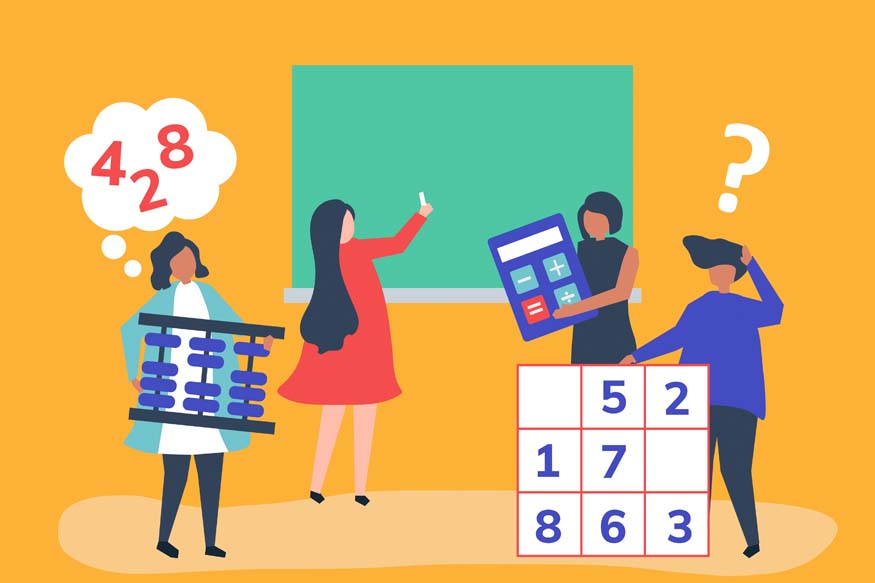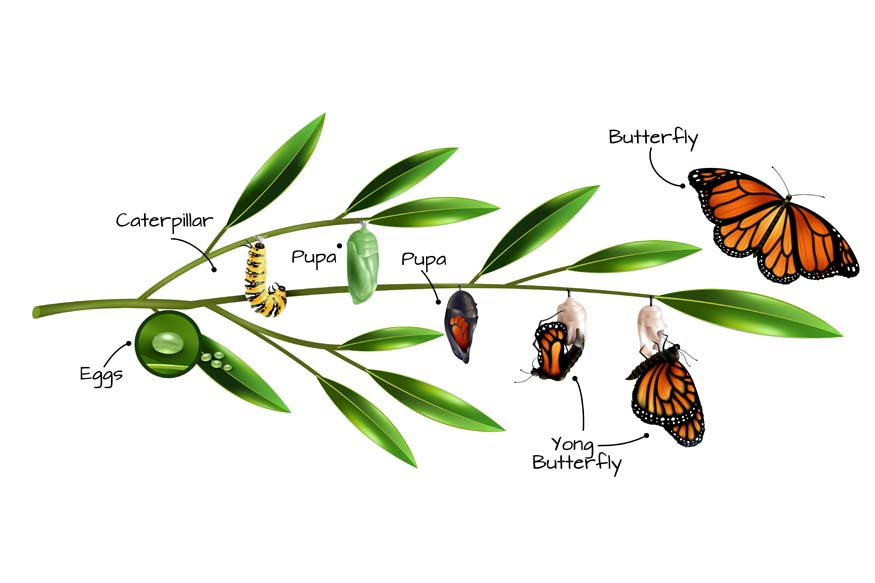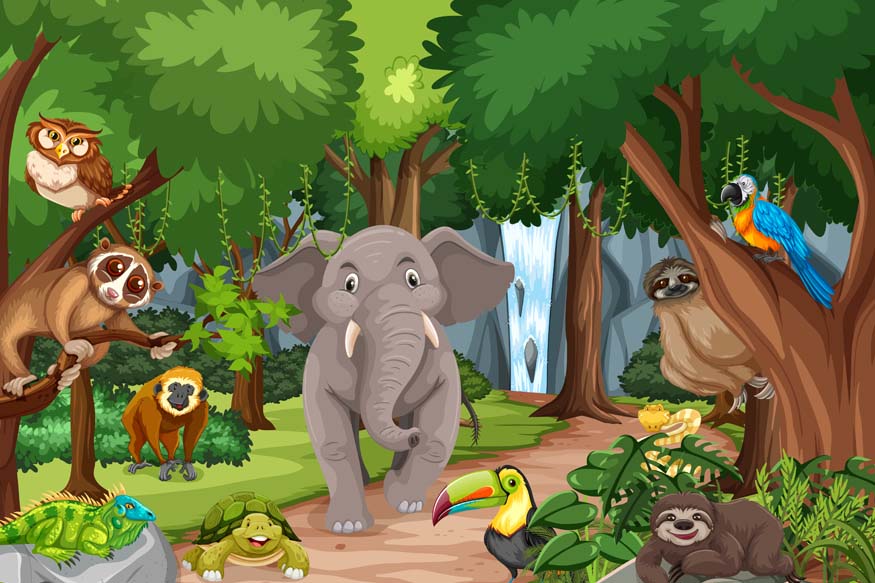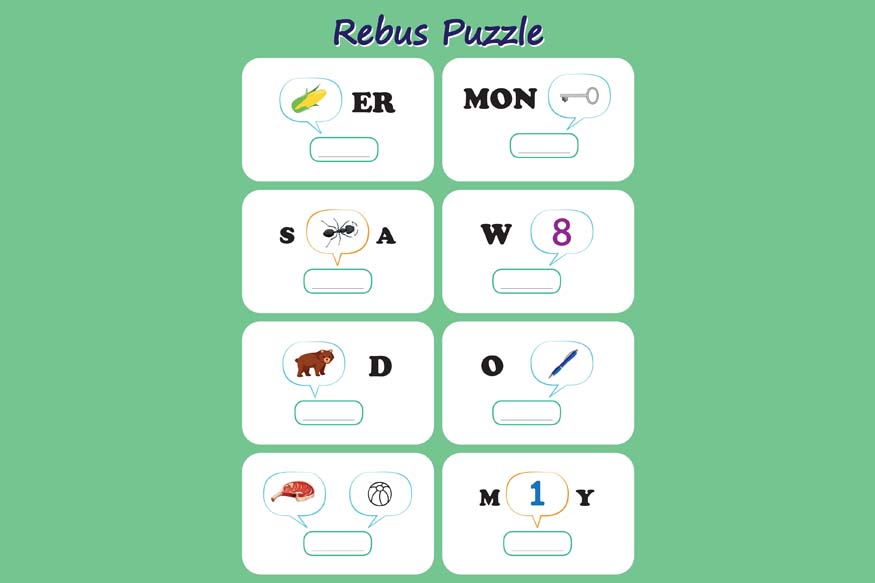Learning to read is an important milestone for children, and sight words play a crucial role in this process. Sight words are commonly used words that children should recognise instantly without needing to sound them out. Since these words appear frequently in texts, mastering them helps young learners read fluently and confidently.
In this blog, we will explore what sight words are, why they are important, and provide a comprehensive list with examples to help children develop strong reading skills.
What Are Sight Words?
Sight words are high-frequency words that children encounter in everyday reading. These words do not always follow standard phonetic rules, making them difficult to decode through regular spelling patterns. Instead, children are encouraged to memorise them by sight to improve reading fluency.
Some common sight words include the, and, is, you, to, he, she, we, can, and see. Since these words often appear in sentences, recognising them quickly helps children read smoothly.
Importance of Sight Words
- Improves Reading Fluency – Recognising sight words without hesitation allows children to focus on understanding the text rather than struggling with individual words.
- Builds Confidence – When children can read common words effortlessly, they gain confidence in their reading ability.
- Enhances Comprehension – Since sight words are used frequently in sentences, knowing them helps children grasp the meaning of stories and passages.
- Supports Spelling and Writing – Familiarity with sight words helps children spell correctly and form sentences with ease.
Categories of Sight Words
Sight words are usually divided into different categories based on learning levels. Here are some common sight word lists that children learn at various stages.
Pre-School Sight Words
At this stage, children start recognising simple words. These words are short, easy to pronounce, and frequently used in early reading materials.
Examples:
- I
- me
- a
- is
- to
- am
- in
- the
- up
- we
Kindergarten Sight Words
By the time children reach kindergarten, they should be familiar with more words that help them read basic sentences.
Examples:
- he
- she
- it
- can
- see
- my
- like
- go
- you
- Look
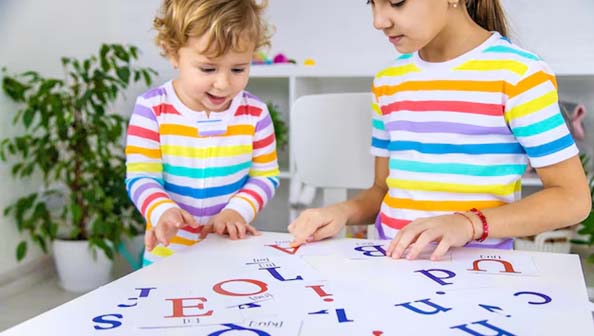
First Grade Sight Words
Children at this level start reading full sentences and simple stories. Sight words from this list appear frequently in beginner-level books.
Examples:
- big
- little
- come
- said
- here
- there
- where
- jump
- run
- away
Second Grade Sight Words
At this stage, children begin to read longer texts with more complex words.
Examples:
- again
- before
- because
- mother
- father
- friend
- always
- every
- funny
- know
Third Grade Sight Words
Children at this level should be able to recognise and read more advanced words.
Examples:
- around
- together
- different
- important
- beautiful
- yesterday
- tomorrow
- understand
- another
- Thought
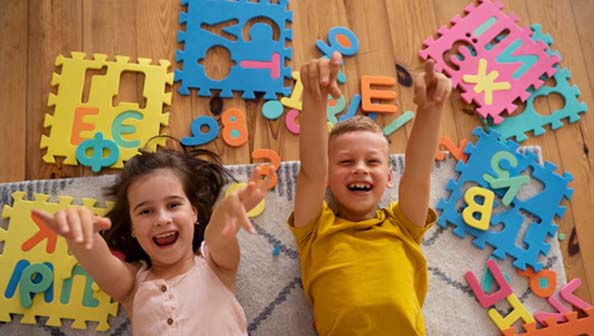
How to Teach Sight Words Effectively
Teaching sight words can be fun and engaging. Here are some ways to help children learn them easily.
- Flashcards
- Word Walls
- Reading Together
- Fun Games
- Writing Practice
Using flashcards with sight words written on them is an effective way to improve recognition. Show the card, say the word, and encourage the child to repeat it.
Create a word wall at home or in the classroom with frequently used sight words. This serves as a visual aid to reinforce learning.
Encourage children to read books that contain sight words. Pointing to the words while reading helps them associate words with their pronunciation.
Games like word bingo, matching activities, and sight word scavenger hunts make learning enjoyable and interactive.
Ask children to write sight words in sentences. This not only reinforces recognition but also improves spelling and comprehension.
Sight Words in Everyday Life
Sight words are not just for books. They appear in daily conversations, signs, instructions, and labels. Encourage children to spot sight words in their surroundings, such as on posters, menus, and advertisements. This makes learning more meaningful and practical.
Conclusion
Sight words are a key part of early literacy and help children become confident readers. By learning to recognise these words quickly, children can improve their reading fluency and comprehension. At Centre Point School (CPS), we focus on developing strong reading foundations, ensuring that children build the skills needed for lifelong learning. With the right approach and practice, every child can master sight words and enjoy the world of reading.

